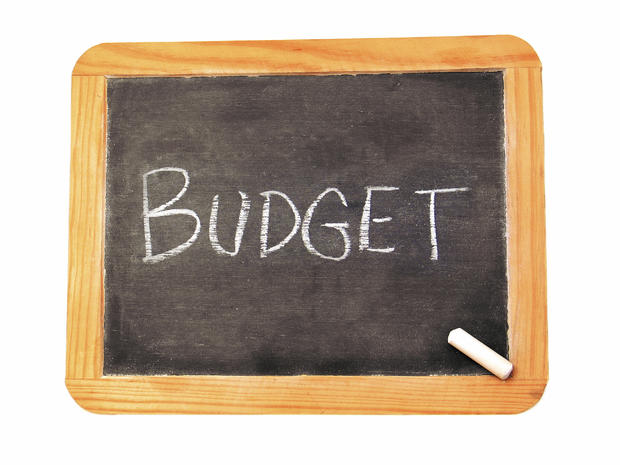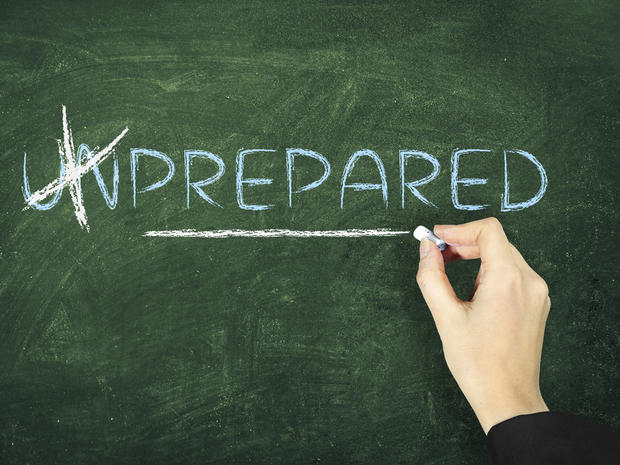How to spend your money in retirement the intelligent way
By Nicholas Pell/MainStreet.com
Few people know how to properly save for retirement. Even fewer know how to spend the money once they have it. Indeed, saving money for retirement is almost pointless if you don't have a plan to spend it wisely.
So how do you make sure that you get the most out of your retirement nest egg? Most importantly, how do you make sure that it lasts you for your entire retirement?
Read on for some advice from financial planning experts to get the low down.
Meet with an advisor
"People are living longer," says John Calabrese, a financial advisor with the MetLife Premier Client Group. "One of the major concerns with that is their spending and saving habits."
To that end, you need to discuss your goals and objectives with a financial advisor.
One thing complicating matters is the number of assets retirees might hold. This is due to the fact that people have far more jobs, or even careers, than they did in past generations.
"Consolidating assets can make life a lot easier," says Calabrese.
Finally, one thing you're going to want to look into before you meet with an advisor isn't going to be pleasant, but it's necessary: How long do you plan to live. "Look at your family tree and the health of your family," he says.
The bucket system
Holly Kylen, a Voya Retirement Coach, has a tried-and-true system for managing assets after retirement. She calls it the bucket system and this is how it works:
- First, draw three boxes: One is for income (the money needed to pay your bills), the next is for lifestyle (discretionary income), while the last is split into two boxes -- emergency reserve and protection.
- You want some kind of guaranteed income investment in the first box, because this is what you'll be living off of. Think of this as your paycheck for retirement.
- The final box is what we look at second. Here, Kylen says that you need one year's living expenses for emergencies. It doesn't matter if it's earning anything. It just needs to be there, liquid in case you need it.
- What's left is cash accumulated and invested. The main thing is that you want to be able to pull this money out in lump sums without any taxation. You also want it earning money for you. Some people give themselves a budget for lifestyle, others simply spend the returns. Talk to your advisor about what works best for you.
Finally, Kylen points out that some people make a calculated risk that they're not going to live very long in retirement.
"That's risky," says Kylen. "If you live too long, you're going to run out of money." Effectively, this person is gambling that he's going to die young -- never a pleasant bet to take.
Another bucket system
Interestingly, Calabrese has another bucket system that his clients use. There are similarities with Kylen's, but it is decidedly different when you get down to it. Here's how this bucket system works:
- The first bucket is for spending in the short-term, which in this case means the next seven years. Calabrese says this bucket is for immediate withdrawals and needs to be earning approximately 3 percent.
- The second bucket is for medium-term spending -- between seven and 15 years. It should be a mixture of modest investments earning around 3 percent to 4 percent, as well as exchange-traded funds (ETFs).
- Your final bucket is a "guaranteed annuity" for long-term growth. "There are annuities today that guarantee income for life," says Calabrese. This is what you're looking for when it comes to the final bucket.
"When we do a budget analysis, we find that most people spend more immediately after retirement," he says. This is because at this point people are still healthy, looking to travel and eating out a lot. As they get older, they do less of these things and more of their budget gets spent on health care.
Start planning now
"It's never too early to plan," says Calabrese, whether we're talking about saving up for retirement or spending your money once you get there. Kylen agrees.
"The hardest thing is the guy who comes in and says he wants to retire in two years," she says. "The earlier you come in, the easier it is to talk about what kind of lifestyle you want in retirement and how we're going to get you there."




